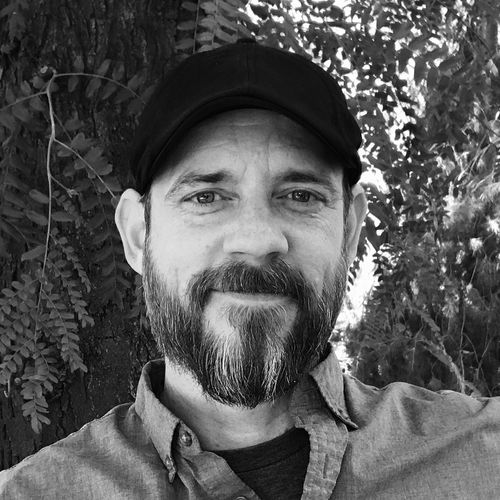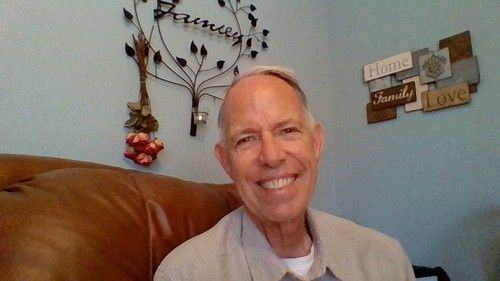Scripture
I am the vine; you are the branches. If you remain in me and I in you, you will bear much fruit; apart from me you can do nothing. If you do not remain in me, you are like a branch that is thrown away and withers; such branches are picked up, thrown into the fire and burned. If you remain in me and my words remain in you, ask whatever you wish, and it will be done for you. This is to my Father’s glory, that you bear much fruit, showing yourselves to be my disciples.
—John 15v5-8
• Transformation is possible, but it’s not inevitable.
• We need an intentional plan for our spiritual formation — what the early Christians called a “Rule of Life.”
• A Rule of Life is a schedule and a set of practices and relational rhythms that create space for us to be with Jesus, become like him, and do as he did.
• When crafting a Rule for the first time, it’s important to start small, and begin with subtraction, not addition.
• This coming week, our exercise is to design a Rule of Life.
01 Start small
02 Think subtraction, not addition
03 Take a balanced approach
04 Take into account your personality and season of life
05 There is no formation without repetition
06 Do this in community
Crafting a Rule of Life. (Page 90 & 93 - 96 in your Companion Guide)


